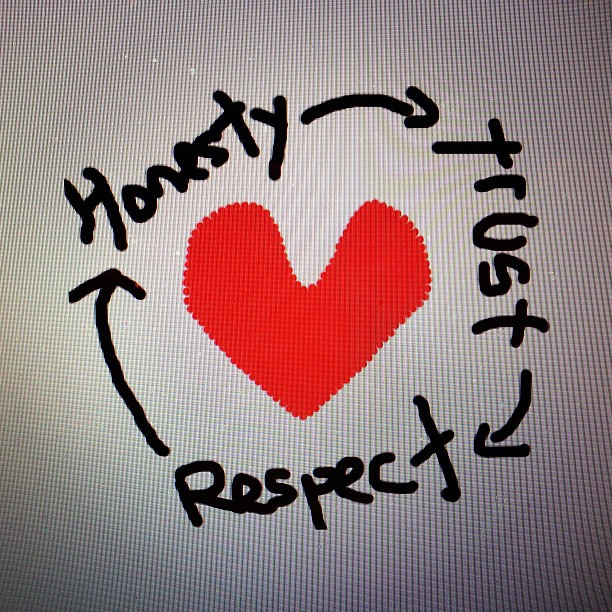High Holiday Music Masterclass
Monday, September 18th @ 8 p.m. Lincoln Square Synagogue Class will include a discussion about the prayers and the music as well as a mini concert presenting the best of the...
Sep 12, 2017
By Hannah Farkas
Pre-Rosh Hashana Musical Discovery Program
Thursday, September 14, 2017, 7pm Featuring Rabbi Dunner Cantor Baram Professor Mark Kligman, Professor of Ethnomusicology and Musicology UCLA Alpert School of Music and Children for the YINBH Youth Department Light...
Sep 12, 2017
By Hannah Farkas
Cantor Joseph Malovany on the Yom Kippur Nussach HaTefila:...
Cantor Joseph Malovany shares his memories of Elie Weisel as he teaches about the proper Yom Kippur Nussach HaTefila during a presentation at Congregation Keter Torah.
Sep 22, 2016
By OU Staff

Nussach HaTefillah for the Yamim Noraim: Special Events
Just in time for the High Holidays, the OU is offering programming to inspire you, explore the history of the niggunim that are used, and help you discover the meaning of...
Sep 7, 2016
By Rebbetzin Judi Steinig

Shavuot Tips
How does the performance of Mitzvoth sanctify us?
May 3, 2016
By Rabbi Ephraim Epstein

Haggadah Tips
The Seder night is the yearly exhibition of Jewish Education in the home. We discuss the four types of children that make up Jewish families, their questions, and some answers. As we...
Mar 27, 2016
By Rabbi Ephraim Epstein
Purim Tips: Shoshanat Yaakov
At the conclusion of the Megillah reading both at night and in the morning on Purim we say a prayer called “Shoshanat Yaakov – The Rose of Jacob”. This small paragraph...
Jan 27, 2016
By Rabbi Ephraim Epstein
Let Us Say Amen
One of the most spoken words by all Jews in synagogues is AMEN. What does AMEN meananyway? It is one of the first words we learn to say for our davening....
Jan 18, 2016
By Hannah Farkas

Chanukah Tips
A special Chanukah tip explores the meaning of Maoz Tzur.
Dec 7, 2015
By Rabbi Ephraim Epstein

Aleinu and L’Dovid: Humility and Sincerity
Listen Here to a beautiful vort on love and sincerity An expression of gratitude, an appreciation of God, the need to at least try- A look at special prayers of Elul...
Aug 20, 2015
By lunzer
Discover More
- Community Events
- Eating Disorder Awareness
- Health
- Holidays
- Marriage and Relationships
- Notices
- OU Synablog
- Parenting
- Retiree Programs
- Safety Information
- Shabbat Resources
- Singles Connection
- Southeast
- Tefillah
- West Coast
- West Coast
Subscribe To The OU’s Shabbat Shalom Weekly Newsletter
Weekly email newsletter filled with articles, Divrei Torah, upcoming events and more! Sign up today.